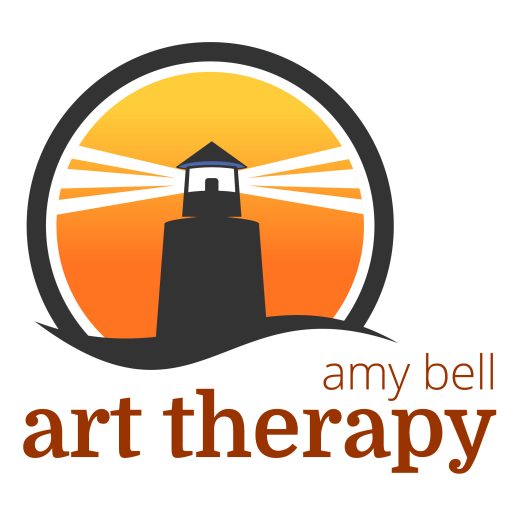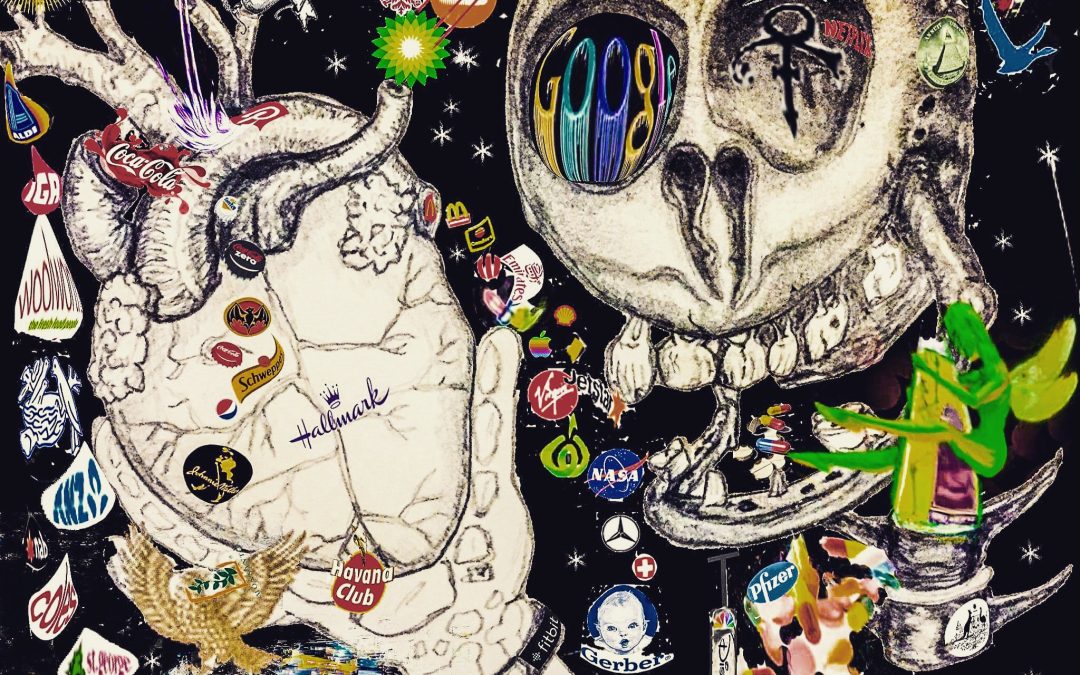In times of uncertainty, society becomes polarised and the darker side of human nature emerges, but are there grey areas? I have long pondered the complexity of this phenomenon before the pandemic, in relation to topics which cause enthusiastic ‘debate’, but in the climate of the pandemic, the starkness of knowledge makes opinions less of an informed position and more of an emotive position.
To speak vaguely and in general terms, I am exploring the polarisation phenomenon rather than the issues which cause division. It is then appropriate to ask in the context of certain behaviours, has entitlement been reframed as anarchy or vice versa?
Defining entitlement and anarchy
The Merriam-Webster dictionary defines entitlement as the belief that one is deserving of or entitled to certain privileges.
Conversely, anarchism as the absence of government or hierarchy with citizens acting voluntarily for the good of community.
By definition, these ideologies are polar opposites, yet our modern consumerist society has adopted anarchy as an apology for entitled behaviour. Prior to the pandemic this may have been little actions like jumping queues, or engaging in social media ‘debates’, but since the pandemic it is refusing masks or QR check-ins, and building to the so-called freedom protests.
Media coverage
While the people who attend the freedom protests see themselves as anarchist, the media portrays them as entitled. This fuels the polarising of society, creating enemies within our rank. This in turn serves to provide a (false) sense of camaraderie and purpose on both fractions, by virtue of having an “enemy”.
What do I mean by that?
The pandemic is a series of unknowns and instability, the experts are hurriedly trying to find data and understand the nature of this new entity, and authority figures are unable to provide reassurance and scramble to maintain status quo. It is natural for people to become doubtful and seek out answers for themselves, forming likeminded pockets for support in social media and community to feel safe. A sense of purpose or a point of blame (like anti-government sentiment, or anti-mask/lockdown) gives people a sense of security or control, and if others share that belief they are reassured and a sense of stability and belonging. Having an “enemy” provides a common focus which creates a camaraderie.
Divide and conquer
A long established technique of governments dealing with rogue members of the population is to create distain. If the majority sees the outlying group as “other” and dangerous, the government can use excessive force to erase the problem. Coming from an activist background, I have witnessed this firsthand and now that social media has taken over our lives it is happening in real time 24/7.
How to protect yourself from rabbit holes
The media, again, has portrayed the notion that there is one rabbit hole that people are getting lost in, however I detect many rabbit holes enticing people to fall down. A rabbit hole is ANY ideology which requires you to accept a paradigm unquestionably and defend it relentlessly, providing you with a sense of belonging and access to “knowledge” (whether based on evidence or an assortment of information presented as truth). Each rabbit hole creates an enemy of the occupants of the other rabbit holes, and the result is an erosion of society, in the same way rabbit holes erode the landscape.
Who knows, deep down these rabbit holes might connect, and ultimately all parts of the same network.
It is possible to learn enough about all the rabbit holes, but building your resilience to be able to maintain critical thinking in times of doubt and yearning for connection. Knowing that all the rabbit holes are inevitability interconnected reminds us that we are all connected no matter how different we are.
“All the war-propaganda, all the screaming and lies and hatred, comes invariably from the people who are not fighting.” – George Orwell
Using the art therapy technique of METAPHOR, at times of uncertainty picture yourself in a ship in a storm remembering, that we are all looking for something to tether ourselves to, when we would do best to pull in the sails and batten the hatches. Resistance sometimes is mistaken as action, when we try to make sense of situations which make no sense we risk clinging to the debris while believing we are still sailing the ship.

